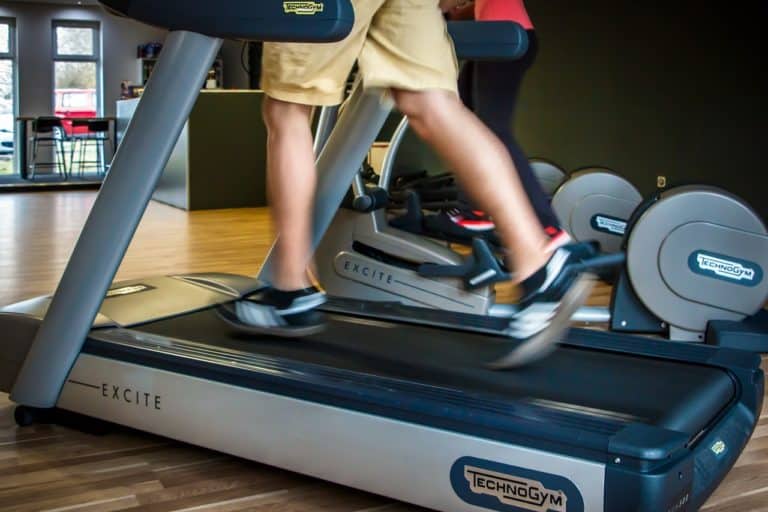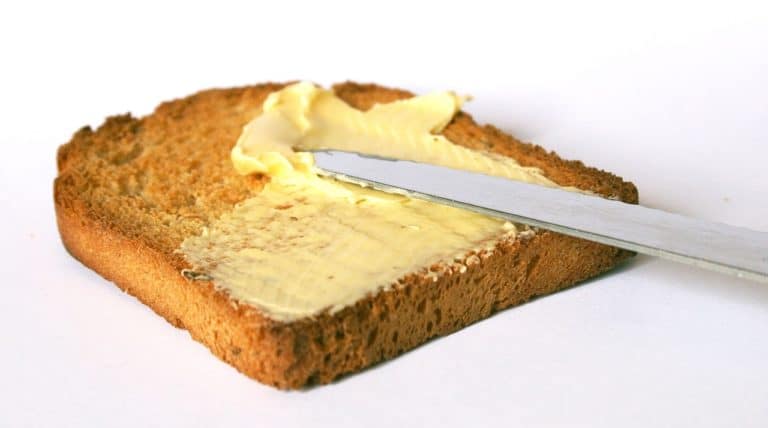You’ve likely heard or read that saw palmetto is an effective herb for managing lower urinary tract symptoms (LUTS) in men who have benign prostatic hyperplasia (BPH), and the results of dozens of studies have supported this finding. However, a new study, published in the Journal of the American Medical Association, reports that up to three times the standard dose (320 mg daily) of saw palmetto does not reduce lower urinary tract symptoms in men age 45 and older when compared with placebo. Here are the details.
Saw palmetto for LUTS (lower urinary tract symptoms)
The double-blind, multicenter, placebo-controlled trial involved 369 men aged 45 years or older who had an American Urological Association Symptom Index (AUASI) score between 8 and 24 before the study began. Of the 369 men who started the study, 306 completed the 72-week trial.
The men were randomly assigned to take either one 320-mg saw palmetto capsule or placebo capsule daily. This dose was increased to two capsules at 24 weeks, and then to three capsules at 48 weeks into the study.
At the end of 72 weeks, the AUASI score had declined by 2.20 points in men who took saw palmetto and by 2.99 points in men who took placebo. When the investigators compared factors such as nighttime urination, peak urine flow, postvoid residual volume, prostate-specific antigen (PSA) level, sleep quality, incontinence, prostatitis symptoms, and sexual function, there was no significant difference between men who took saw palmetto and those who took placebo on any of these items.
Saw palmetto effective for LUTS
Results from previous studies, however, do not agree with these findings. For example:
- In a 2002 Cochrane meta-analysis of saw palmetto in men with lower urinary tract symptoms associated with BPH, researchers reviewed 21 clinical trials. Overall, compared with placebo, saw palmetto was found to significantly reduce nighttime urination, improve peak urine flow, and increase self-rated improvement.
- Another Cochrane review in 2009 included nine new trials. Again, the reviewers found that saw palmetto had a significantly positive effect on nighttime urination.
- A total of 120 men with mild or moderate lower urinary tract symptoms associated with BPH took 320 mg saw palmetto daily for 24 months. During the study period, the men experienced statistically significant improvements in quality of life, International Index of Erectile Function, International Prostate Symptom Score, and reduction in residual urinary volume.
- A review of two Italian studies of saw palmetto in 70 men with BPH also yielded positive results. In one study, the patients took 320 mg saw palmetto daily for 30 days; in the second study, the men took either 320 mg saw palmetto or 100 mg Pygeum africanum daily for 30 days. Men in both studies showed an improvement of about 50% in painful urination and frequent urination, and about a 50% improvement in urination rate.
- Ninety-two Chinese men aged 49 to 75 who had lower urinary tract symptoms were assigned to take either saw palmetto or placebo daily for 12 weeks. At the end of the study, men who had taken saw palmetto had a significantly improved urinary flow rate and urinary resistance compared with controls. Nearly 40% of men in the saw palmetto group also showed an improvement on the International Prostate Symptom Score.
Does saw palmetto work to relieve lower urinary tract symptoms in men who have BPH? This latest study in JAMA says no, and over the years several other studies have challenged the positive effects of saw palmetto in treating BPH symptoms. At the same time, dozens of studies have shown saw palmetto to provide relief from LUTS in a great number of men. You could be one of them.
References
Barry MJ et al. Effect of increasing doses of saw palmetto extract on lower urinary tract symptoms. JAMA 2011; 306(12): 1344-51
Mantovani F. Serenoa repens in benign prostatic hypertrophy: analysis of 2 Italian studies. Minerva Urol Nefrol 2010 Dec; 62(4): 335-40
Shi R et al. Effect of saw palmetto soft gel capsule on lower urinary tract symptoms associated with benign prostatic hyperplasia: a randomized trial in Shanghai, China. J Urol 2008 Feb; 179(2): 610-15
Sinescu I et al. Long-term efficacy of Serenoa repens treatment in patients with mild and moderate symptomatic benign prostatic hyperplasia. Urol Int 2011; 86(3): 284-89
Tacklind J et al. Serenoa repens for benign prostatic hyperplasia. Cochrane Database Syst Rev 2009; (2):cd001423
Wilt T et al. Serenoa repens for benign prostatic hyperplasia. Cochrane Database Syst Rev 2002; (3):CD001423







